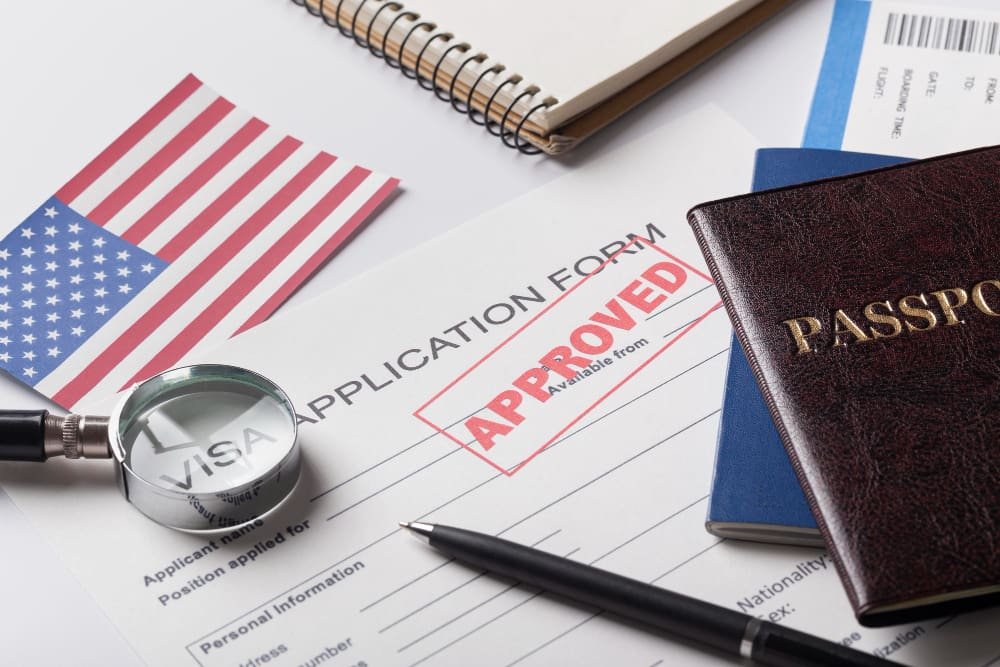
In legal terms, a writ of mandamus stands as a tool within civil action lawsuits aiming to compel a government entity to undertake specific actions. While its issuance doesn’t guarantee a case victory, it emphasizes that the agency must adhere to legal obligations. Instances warranting such a lawsuit include mishandled or denied non-immigrant or green card applications, along with similar treatment of citizenship and adjustment of status applications. However, prior to filing a petition for a writ of mandamus, it’s imperative to exhaust all alternative options.
Appropriate Situations for Writ of Mandamus Filings
A late petition may result in dismissal even though the filing of a writ of mandamus is not time-limited. Compliance with Florida Rule of Appellate Procedure 9.100 is crucial, necessitating the demonstration of several factors:
- Clear entitlement to relief
- Undisputed duty on the lower court
- Absence of adequate legal remedy
- Prior request for lower court action
- Instances where a writ of mandamus might be appropriate include compelling the adjudication of long-pending motions, reinstating wrongly dismissed cases, enforcing public records requests, accessing information from court-appointed representatives, or securing credit for time served.
Essential Elements of a Writ of Mandamus
Success in a mandamus action hinges on establishing three key elements:
- The plaintiff’s unequivocal entitlement to requested relief.
- The agency’s unmistakable duty is to execute the act in question.
- Absence of any other viable recourse.
Possible Outcomes of Writs of Mandamus
A writ of mandamus lawsuit, particularly in response to unjustified delays, can yield diverse outcomes. It may prompt the Department of Homeland Security (DHS) to expedite application adjudication upon filing, effectively resolving the matter.
Alternatively, DHS might contest the lawsuit, necessitating a court response within 60 days. Excessive delay leading to application disqualification may prompt court intervention, urging prompt action from USCIS.
While a writ of mandamus ideally expedites application approval, there’s a risk of hastened denial. Although not a guarantee of success, a writ of mandamus offers relief from protracted waiting periods.
Limitations of Writs of Mandamus
Certain constraints govern the applicability of writs of mandamus:
- It cannot review incorrect lower court decisions or dictate discretionary actions.
- Mandamus cannot control lower court actions or override constitutional limitations, particularly in Florida.
- Understanding these limitations is pivotal in navigating the writ of mandamus process effectively.




